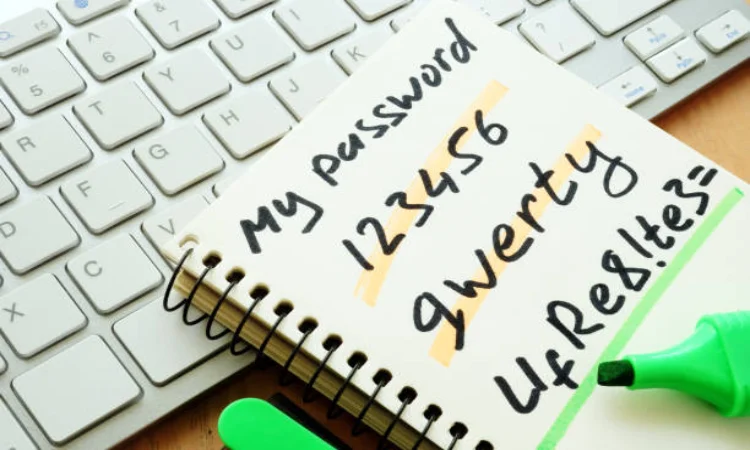Are Strong Password Generators Secure? The Truth Revealed
Did you know that over 80% of data breaches involve weak or stolen passwords? Despite this alarming statistic, many still rely on password generators for their security needs. While these tools can create complex passwords, their effectiveness isn’t guaranteed. As you explore the nuances of password generation and the potential pitfalls, you’ll discover why relying solely on these tools may not be the best strategy for safeguarding your digital life.
Understanding How Password Generators Work
When you consider how password generators work, you’ll find they utilize algorithms that create complex strings of characters to boost security. A strong password generator typically employs methods like randomness and entropy to guarantee that each password is unique and difficult to crack. By using a random password generator, you can generate passwords that combine uppercase letters, lowercase letters, numbers, and symbols, resulting in a robust defense against cyber threats. These algorithms often incorporate seed values, which add an extra layer of unpredictability.
Evaluating the Security of Generated Passwords
While strong password generators create complex passwords, evaluating the security of these generated passwords is equally important. You must consider factors like length, character variety, and randomness. A secure password generator should produce passwords that include uppercase letters, lowercase letters, numbers, and symbols, maximizing complexity. However, you should also assess the algorithm behind the generator; some may utilize predictable patterns or recycled phrases, weakening your security. Additionally, check if the generator allows you to customize parameters, ensuring the password meets specific security requirements.
Common Vulnerabilities and Risks
Although strong password generators can greatly enhance your security, they’re not immune to vulnerabilities and risks that can compromise your data. One common vulnerability arises from the generator’s algorithm itself; if it’s predictable, attackers can exploit it. Additionally, if you use a password manager that stores these generated passwords, any breach of that manager puts your accounts at risk. Phishing attacks are another concern, as you might unwittingly provide your generated passwords to malicious sites. Moreover, if you share devices or networks, malicious software may capture your passwords.
Best Practices for Enhancing Password Security
To enhance password security effectively, you should adopt a multi-faceted approach that goes beyond simply relying on a password generator. Start by using an online password generator to create complex passwords that combine letters, numbers, and symbols. However, don’t stop there. Implement two-factor authentication (2FA) for an extra layer of security. Regularly update your passwords and avoid reusing them across different accounts; this minimizes risk if one account is compromised. Consider using a password manager to store and manage your passwords securely.
Conclusion
In the ever-evolving landscape of cybersecurity, relying solely on strong password generators can leave you vulnerable. Imagine this: you’ve crafted an intricate password, yet a lurking threat exploits a flaw in the algorithm. The stakes are high; one oversight could lead to a breach. To truly safeguard your accounts, combine the power of these generators with vigilance against phishing and other risks. Remember, a multi-faceted approach to security isn’t just smart—it’s essential for your digital safety.

